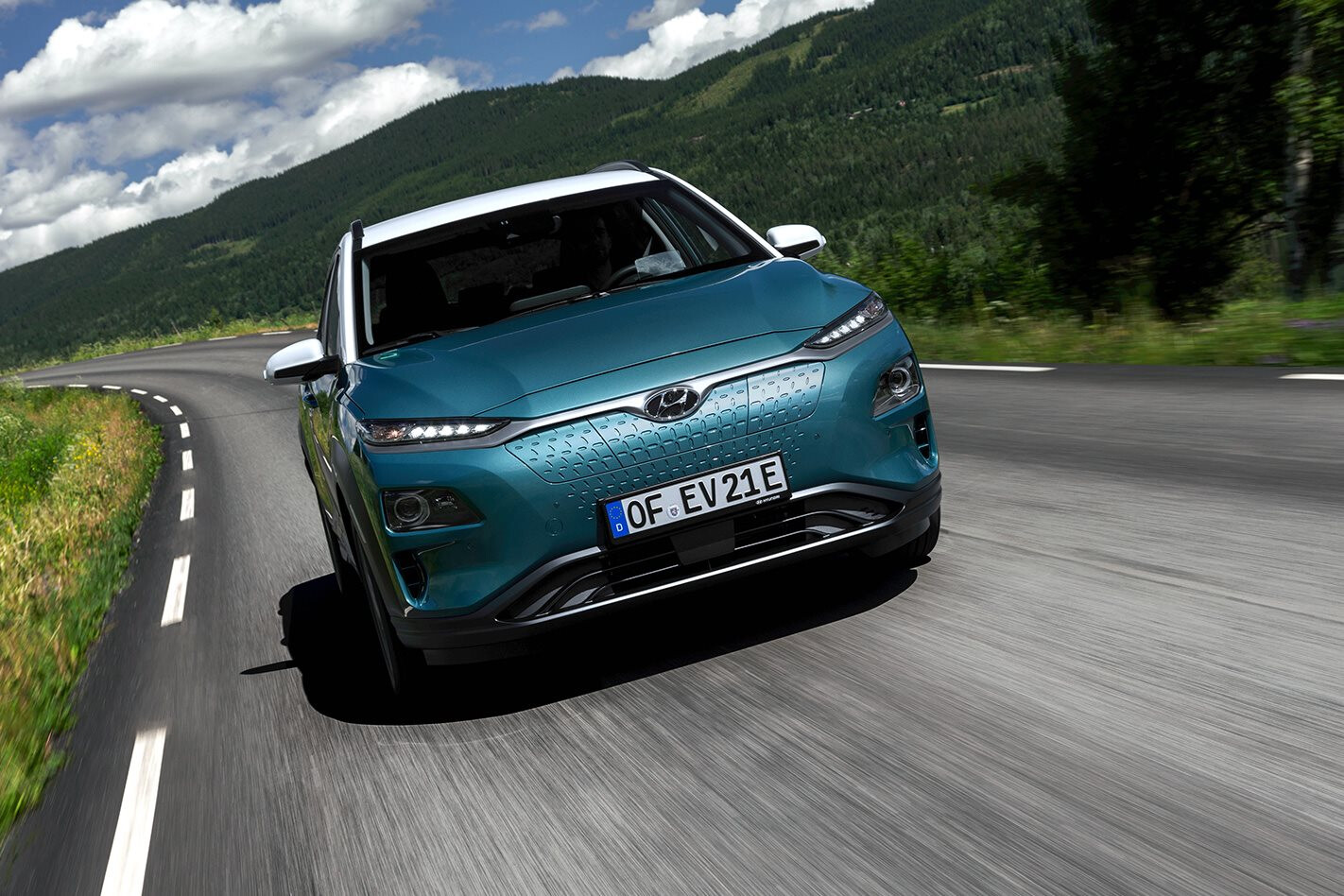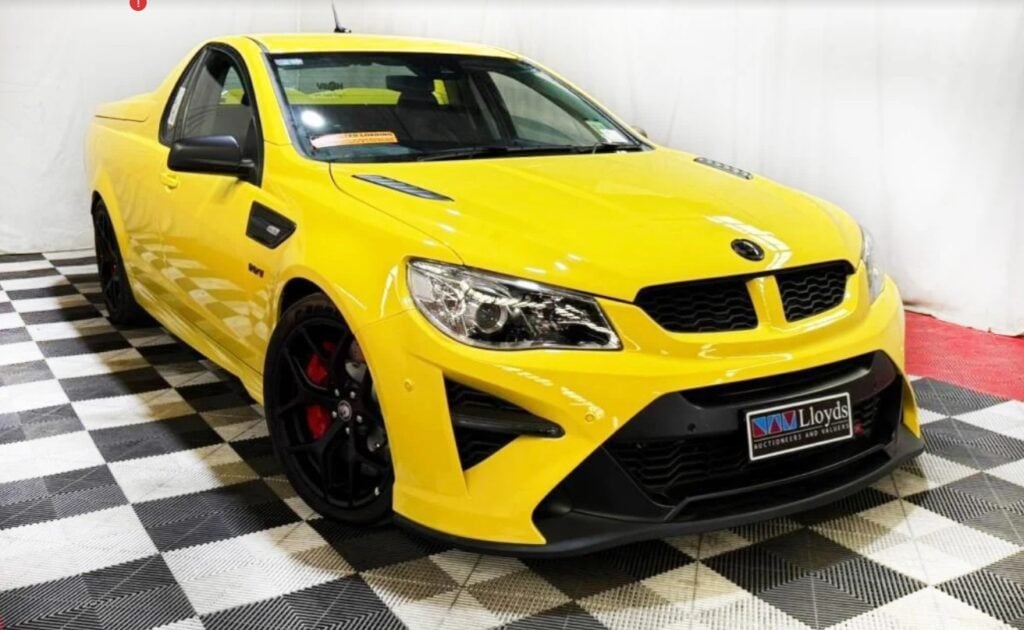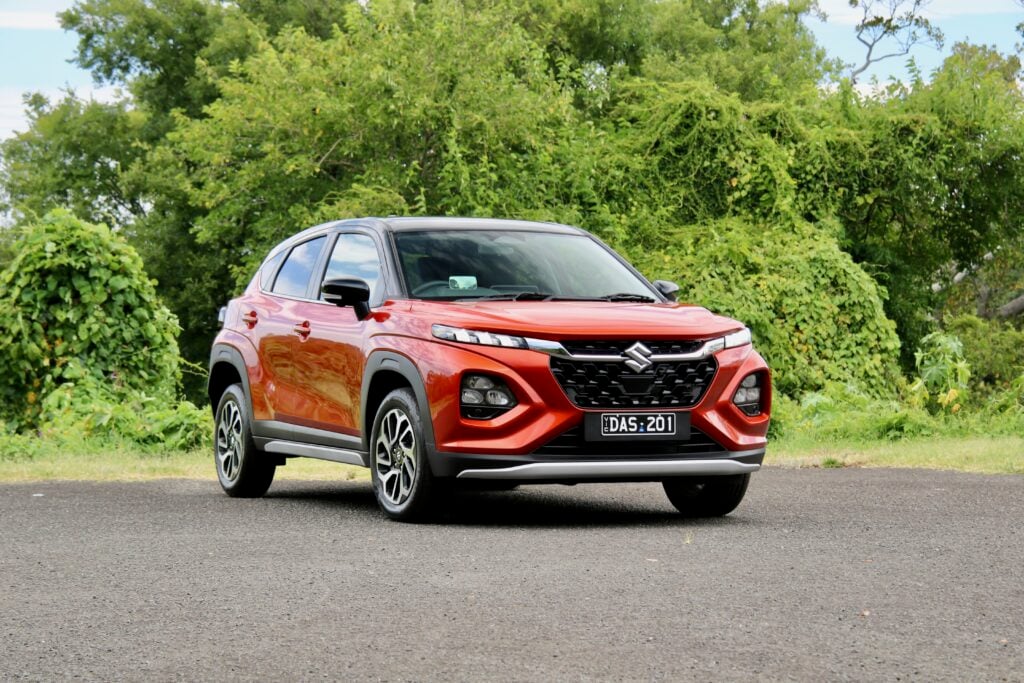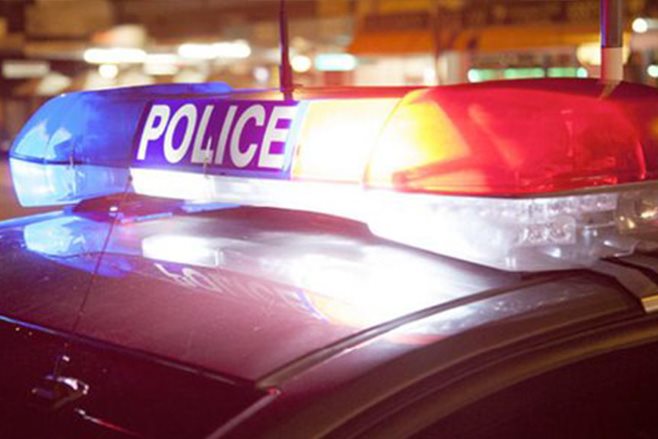HYUNDAI will wade into the growing Australian EV pool as early as this year, with the pure electric version of its Kona small SUV confirmed for local showrooms.
Earlier this year the South Korean manufacturer revealed a brace of zero-emissions Kona variants to bolster its alternative energy fleet, which is also made up of the hydrogen-powered Nexo and hybrid and pure-electric Ioniqs. Of the latter, the longest-range version is now confirmed for sale in Australia.
Speaking to Wheels, Hyundai Motor Company Australia (HMCA) CEO JW Lee would not mark a specific month in the calendar, but said the “Kona electric vehicle (would be) available within this year” with sales to follow “soon”.
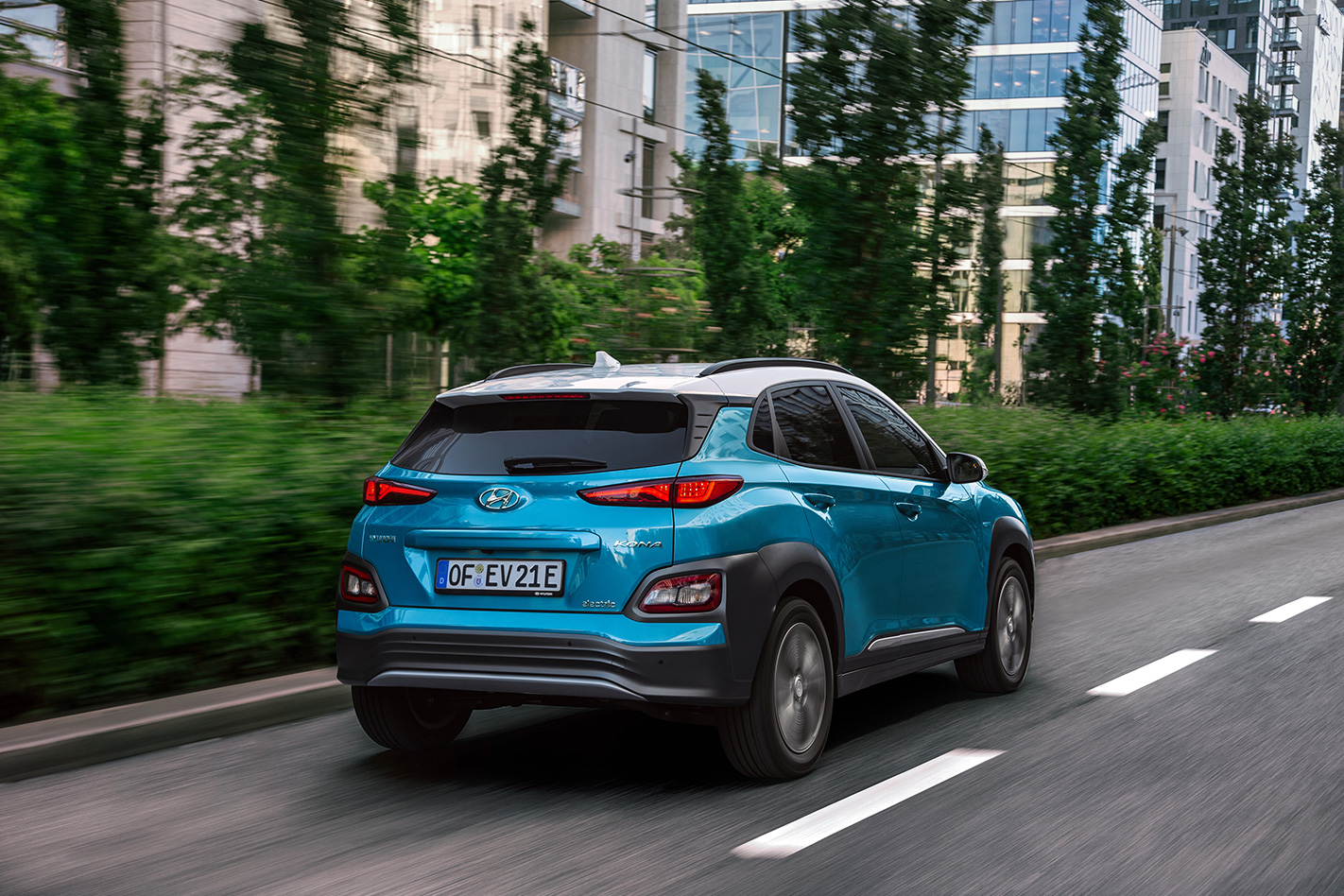
As an apparent statement of intent, a pre-production prototype is already on red dirt and, like all Hyundai models, the Kona Electric chassis is being tuned for local tastes. “Recently, we finished suspension tuning for this vehicle,” said Lee.
In February two versions of the Kona Electric were revealed including a basic variant which has a 39kWh battery good for 300km, but Lee said its high-performance sibling would be the Australian debutant, with a 64kWh powerpack and a range of nearly 500km – far more appealing to Australian motorists who have relatively long commutes, said Lee.
“In the case of Kona, the range is roughly 480km based on the European calculation. It is quite sufficient to use for their commute.”
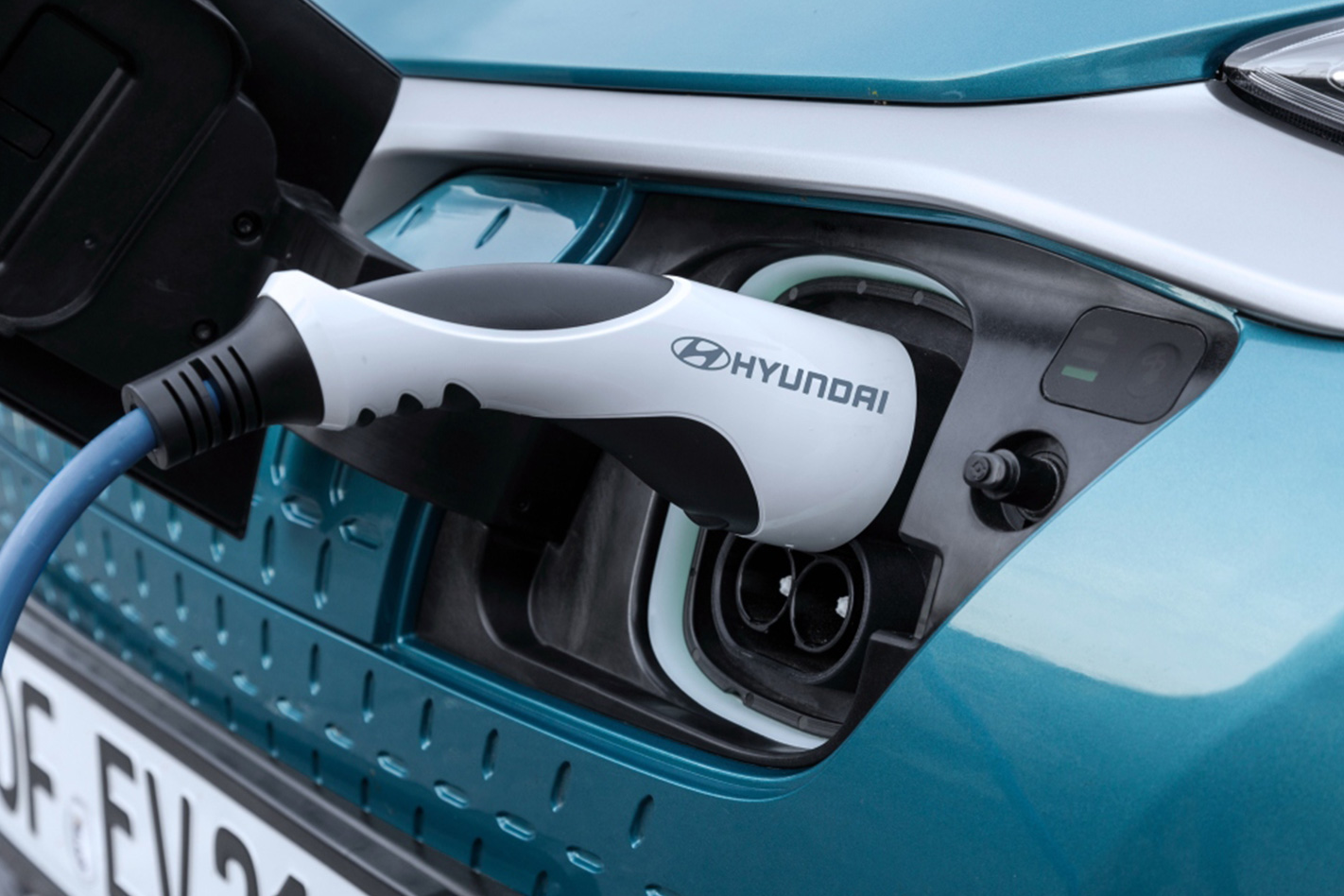
Unlike the Nexo which depends on a supply of hydrogen, Lee explained that the Kona Electric was a simpler solution for Aussie drivers who want to own a zero-emissions vehicle.
“This person has to purchase a small charging station that can be installed in their house. There are some solutions for this electric vehicle. It’s not so hard.”
When it arrives, the pure EV Kona will line up alongside a choice of three Ioniq variants, which offer Hyundai customers a choice of mild hybrid, plug-in hybrid or pure battery power.
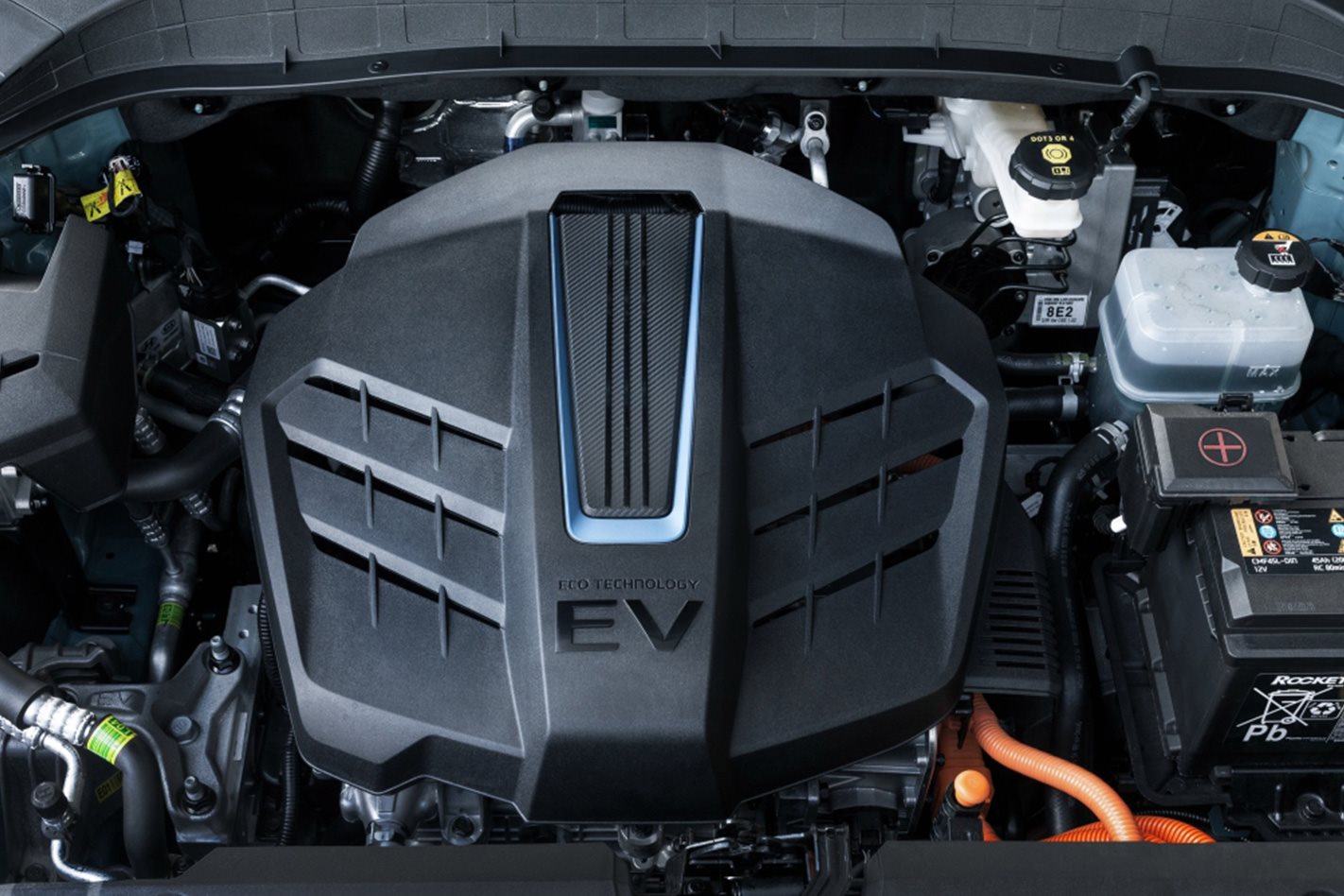
The newcomer to Hyundai’s ranks will also broaden the selection of EVs on offer from all local brands, adding to a battery-powered fleet that, by this time next year, will include the new Nissan Leaf, BMW i3, Jaguar’s I-Pace and the existing Tesla Model S and Model X.
When asked if the Kona Electric would offer an alternative to Tesla’s attention-getting products, including the yet-to-arrive Model 3, Lee explained the “target customer is a bit different” suggesting Hyundai’s offering could be one of Australia’s more affordable EVs.
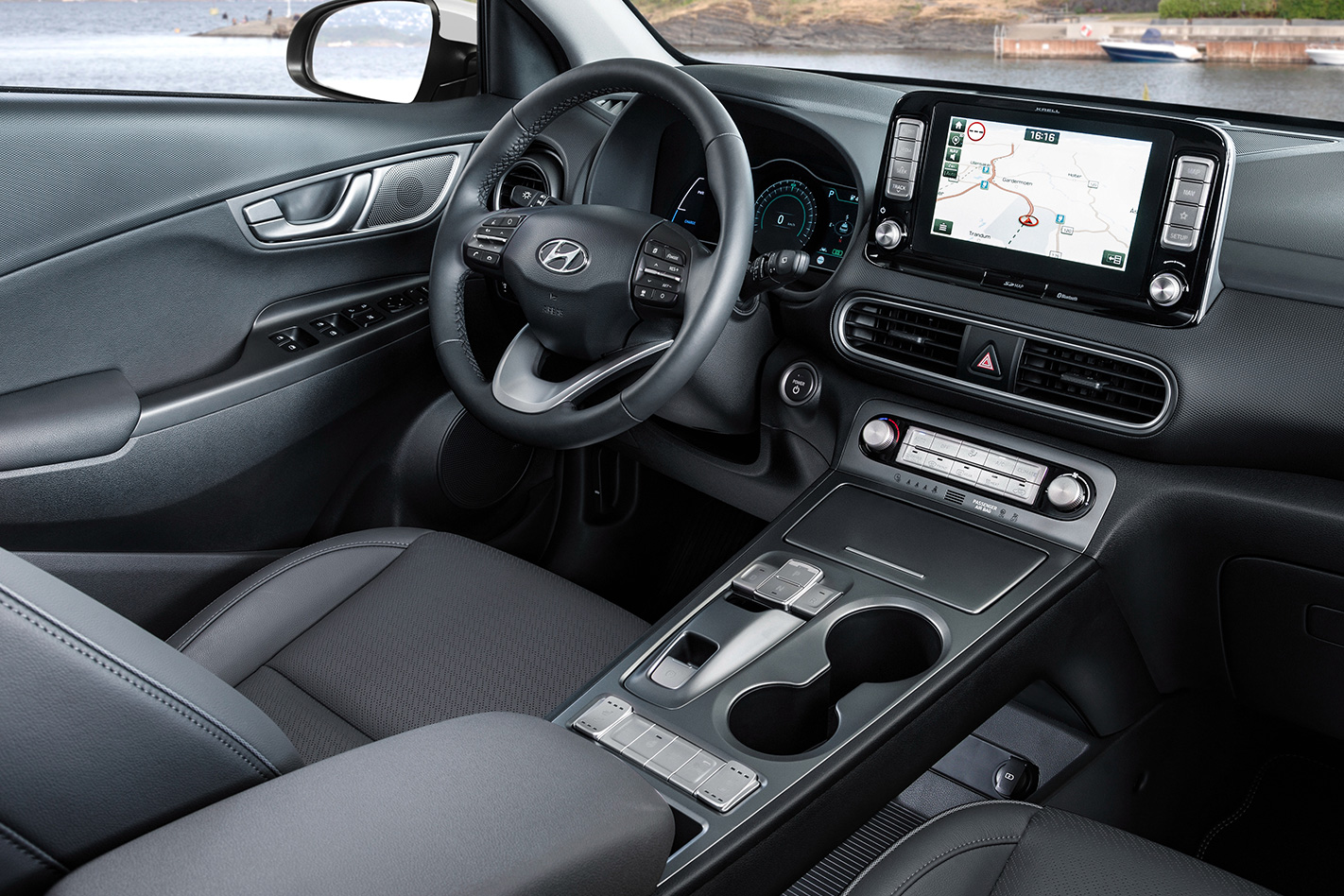
Sales volumes are not expected to be high in Australia, given low demand for EVs and , but Lee said the model would serve as a brand ambassador, showcasing the future profile of the brand and its technological capability.
“Once the electric Kona is here I think it is good Hyundai brand exposure to our customers”.


